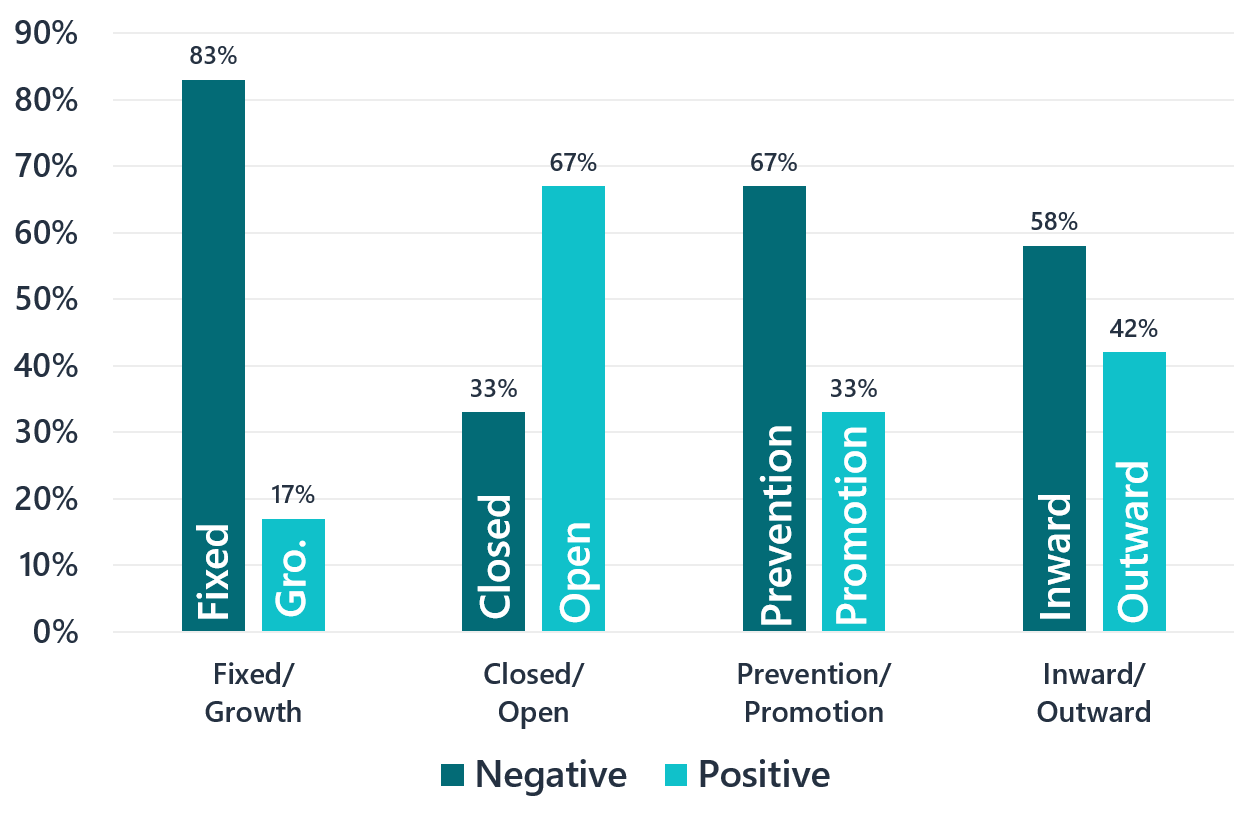Last year, I did a study of 153 organization’s leadership development efforts. One of the things that was revealed was the topics that organizations most commonly focus on in their leadership development programs. Here are the results:
- Communication & Interpersonal Skills – 72% of organizations
- Developing Management Skills (e.g., planning & decision-making) – 54% of organizations
- Leadership Styles (e.g., transformational, servant leadership) – 50% of organizations
- Coaching Skills – 50% of organizations
- Performance Management – 45% of organizations
All of these topics are either horizontal development topics or they are delivered with a horizontal development approach (i.e., improving knowledge, skills, or capabilities).
The basic idea of such development is that if leaders attend a workshop on (pick one of the topics above), the leaders will download the program associated with that topic and will leave knowing how to execute that topic.
For example, if leaders are invited to attend a performance management training, the hope is that leaders will download the performance management program, and walk away with a new-found ability to (1) set clear expectations, (2) accurately measure employee performance, and (3) provide effective feedback and performance appraisals.
What is Generally Not Considered
This sounds good in theory. But, what is often not thought about is: Is the newly downloaded “program” compatible with the leaders’ underlying operating system?
You see, I have an iPad that is seven years old. We can no longer download most apps from the App Store because its operating system is not compatible with most new apps. If we ever want to download new apps, we will either need to upgrade its operating system or buy a new iPad with a newer operating system.
When it comes to leaders, if they do not possess a sophisticated internal operating system, the horizontal development efforts will be fruitless.
Opportunity For Improving Leadership Development
When we view leaders’ development through the lens of downloading programs (horizontal development) and upgrading operating systems (vertical development), two opportunities for improving leadership development present themselves:
- Prior to attempting to download new “programs” into the leaders, organizations should assess the quality of the leaders’ current internal operating systems.
- It is likely that more “programs” will be effectively downloaded if the organization first focuses on upgrading the leaders’ internal operating systems.
Focusing on Leaders’ Internal Operating Systems
This naturally leads to the questions:
- How do we assess leaders’ current internal operating systems?
- How do we upgrade leaders’ internal operating systems?
To answer these questions, it is necessary to revisit the technical definition of vertical development: Elevating a leaders’ ability to make meaning of their world in more cognitively and emotionally sophisticated ways.
This definition identifies a key aspect of a leader that can be assessed and developed to determine the quality of one’s internal operating system and then upgraded: their “meaning makers.”
What are our “meaning makers?” They are our mindsets.
Thus, if we know that we want to download a program into our leaders (e.g., performance management), we might do well to assess and improve the leaders’ mindsets.
Let me try to demonstrate the value of this.
Mindsets before Programming
When I work with organizations on their vertical development, I will assess their leaders’ internal operating systems using my personal mindset assessment, and then produce a collective mindset report.
Here is a high-level summary of such a report:

What I learned from this data is:
- Fixed mindset: The leaders are not in the mental state to get into their learning zone. They are only interested in doing things they are confident they can excel in.
- Prevention mindset: The leaders are more worried about having problems than reaching goals. Thus, they are going to be rather unwilling to try new things, as that will likely lead to new problems.
- Inward mindset: The leaders are focused on themselves getting ahead, which is going to make it difficult for them to download programs that are meant to help the leaders focus more on those they lead (e.g., taking more time to set clearer expectations.
- Open mindset: While the group seems to be collectively open-minded, because they have fears around learning or trying something new, it is likely that they will primarily be open-minded to ideas that don’t require them to get outside of their comfort zone. They will likely be close-minded to ideas that require them to get outside of their comfort zone.
In all, it appears that the leaders in this organization do not have an internal operating system that is compatible with most programs that the organization may attempt to download.
Unless this gets addressed, and the organization helps its leaders upgrade their internal operating system, their continued investment in horizontal development is unlikely to pay the dividends that they are hoping for.
If you want to do vertical development work in your organization (i.e., assess and upgrade your leaders’ internal operating systems), please connect with me here










